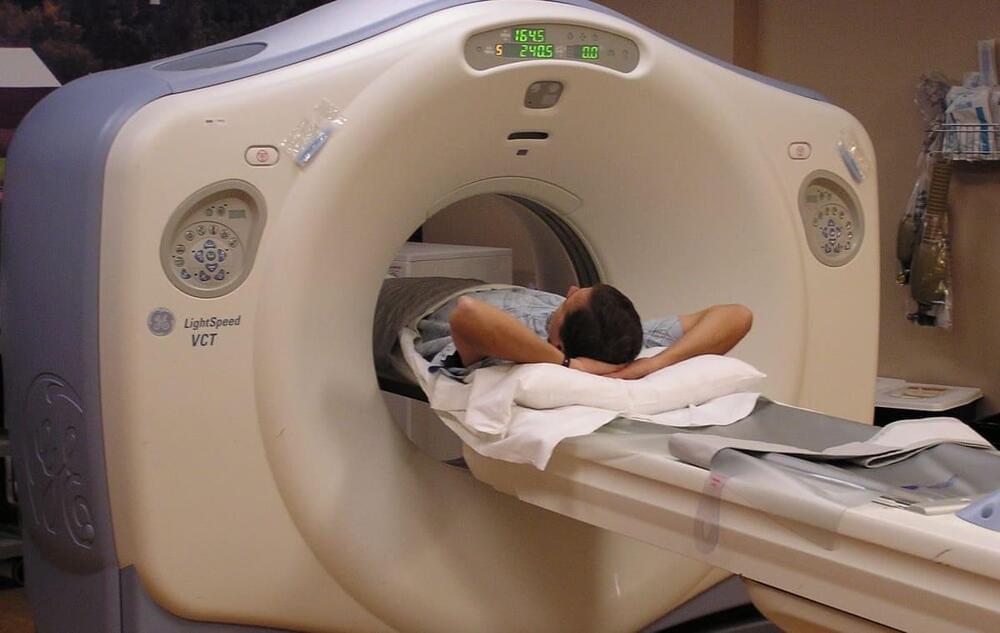Lung cancer is the leading cause of cancer-related death, with a five-year survival rate of only 10–20% in most countries. Early diagnosis is key to improving survival rates, but only 16% of lung cancers are diagnosed at an early stage. New results from a large multicentre, multinational study show that early detection of lung cancer using low-dose CT screening dramatically improves long-term survival.
“While screening doesn’t prevent cancers from occurring, it is an important tool in identifying lung cancers in their early stage when they can be surgically removed,” explains lead author Claudia Henschke from the Icahn School of Medicine at Mount Sinai, who presented the findings this week at RSNA 2022, the annual meeting of the Radiological Society of North America. “Symptoms occur mainly in late-stage lung cancer. Thus, the best way to find early-stage lung cancer is by enrolling in an annual screening programme.”
The lung cancer screening study began back in 1992 with the creation of the International Early Lung Cancer Action Program (I-ELCAP), which has enrolled over 87,000 participants from over 80 institutions to date.
